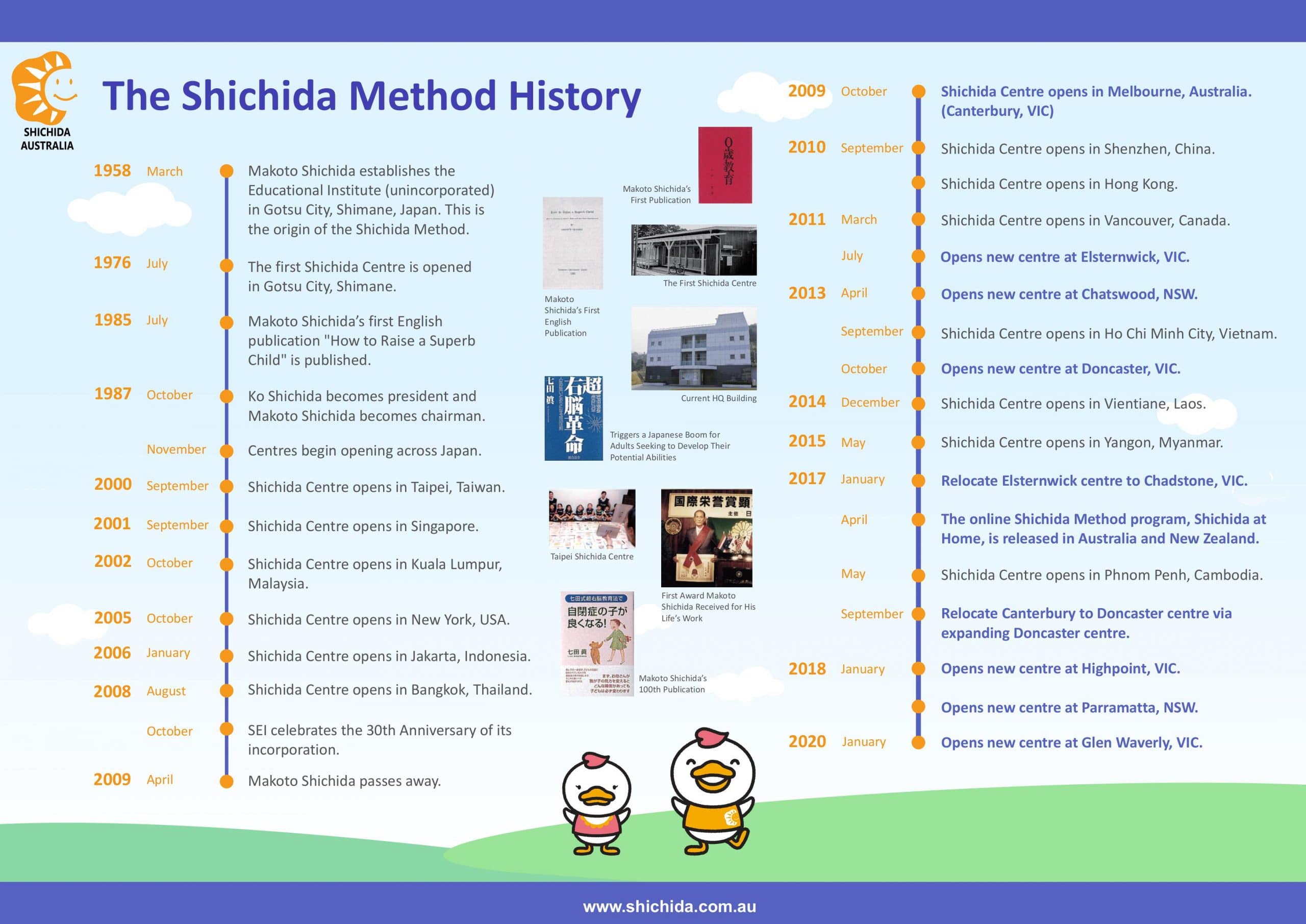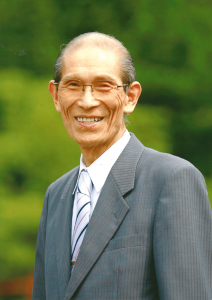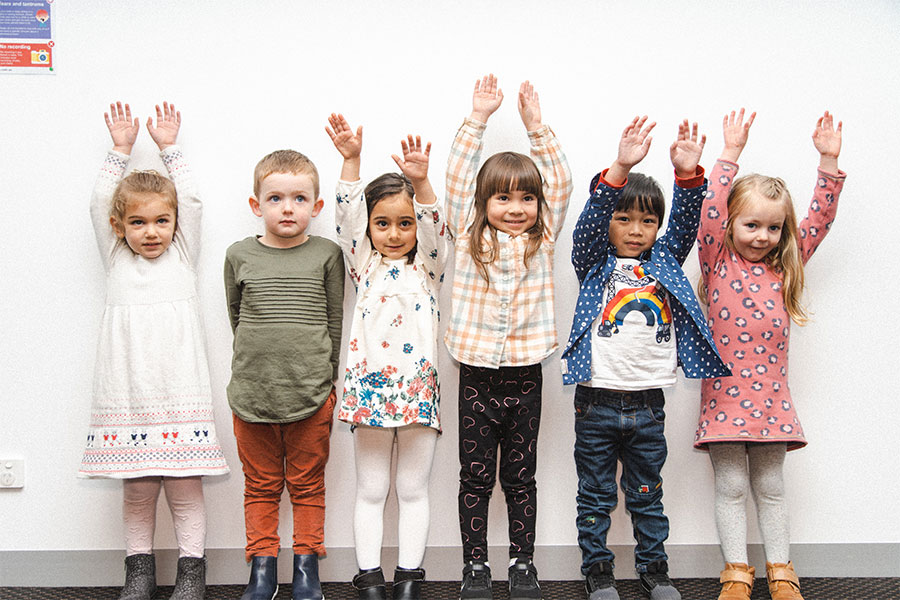Shichida History: Transforming Early Learning Since 1958
Shichida history begins in 1958, when Professor Makoto Shichida developed the original whole-brain teaching method in Japan. His aim was to create an educational approach that nurtured both the cognitive and intuitive abilities all children are born with. This method marked a major shift in early childhood education by focusing on balanced brain development rather than memorisation and competition.






